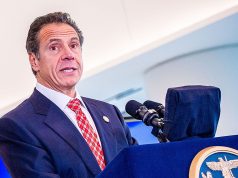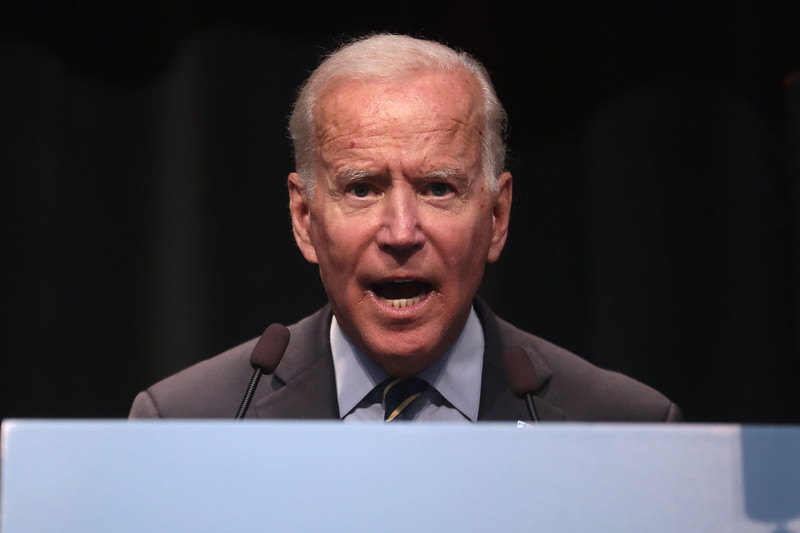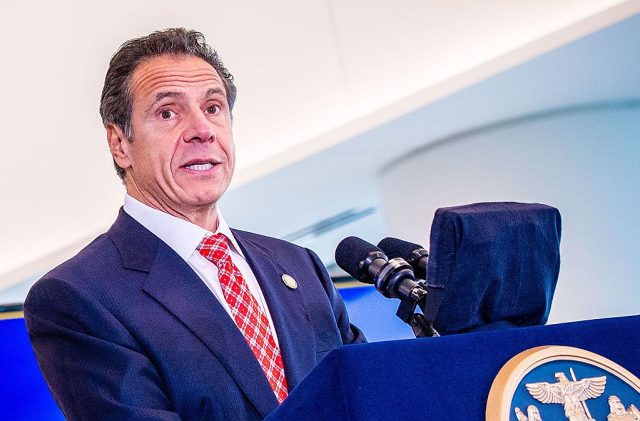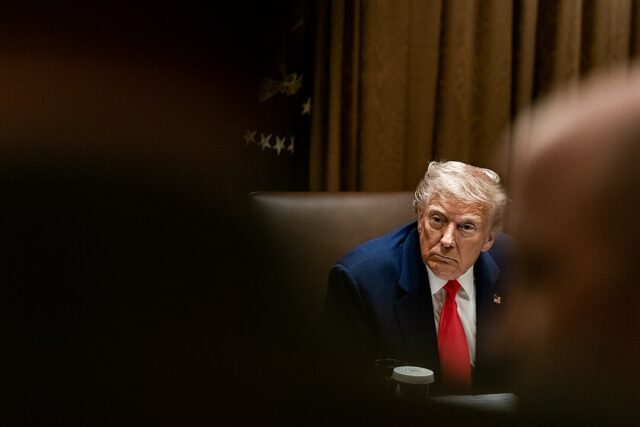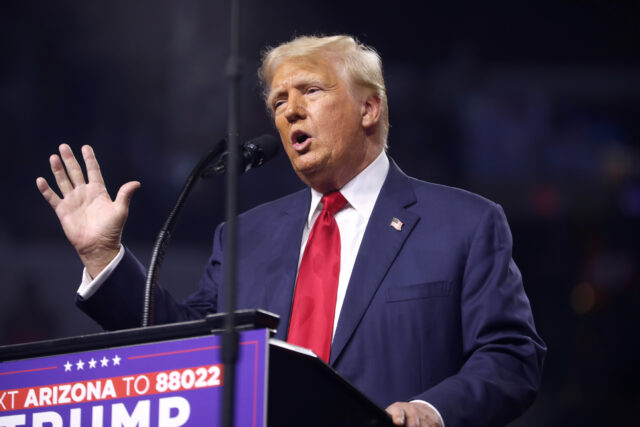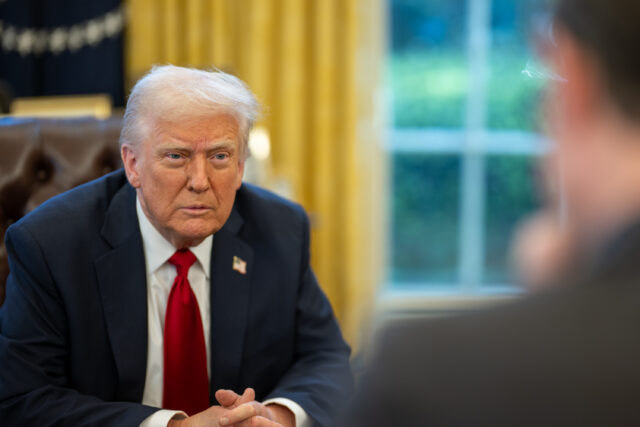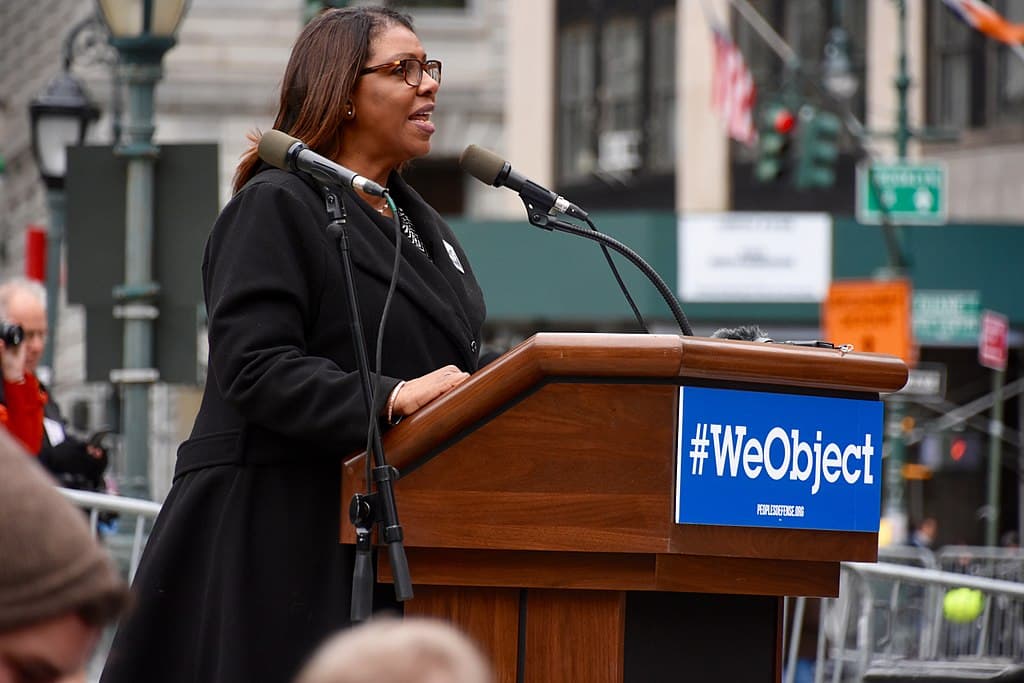For decades, Americans were told a story about their health that no longer matched reality. We were assured that food was safe, that regulators were vigilant, that medical advice was insulated from politics and profit, and that rising chronic disease was an unfortunate but unavoidable byproduct of modern life. Meanwhile, the health of the nation deteriorated in plain sight. Obesity climbed year after year. Childhood chronic disease became common rather than exceptional. Autism rates surged. Cancer diagnoses among children rose. By the time President Trump returned to office, 76.4% of Americans were living with at least one chronic disease. Eight out of 10 children could not qualify for military service. What should have been treated as a civilizational emergency was instead normalized, until that long-running failure of honesty and accountability culminated during the COVID-19 pandemic, when public health leaders abandoned transparency, misled the public, and, under Dr. Fauci’s direction, shattered trust in medical professionals and the institutions meant to serve them.
The collapse of trust that followed COVID did not occur in a vacuum. It was the culmination of years of regulatory capture, scientific arrogance, and a public health establishment that confused authority with truth. Americans were ordered, not persuaded. Dissent was pathologized. Data was selectively presented. Vaccine policy was enforced through mandate rather than transparency. Dr. Fauci became the symbol of an anti-science regime that claimed infallibility while revising its claims in real time. When institutions insist on obedience while refusing accountability, trust does not merely erode; it implodes.
It is against this backdrop that the Make America Healthy Again initiative must be understood. MAHA is not a branding exercise or a partisan slogan. It is a course correction. President Trump’s decision to place Robert F. Kennedy Jr. at the helm of HHS was not an appeal to nostalgia or name recognition. It was an explicit rejection of the managerial consensus that presided over the chronic disease explosion. The mandate was simple and radical: identify root causes, dismantle regulatory capture, and tell the truth even when it disrupts powerful interests.
Skeptics ask whether one year can matter. The answer depends on what one expects a first year to do. MAHA was never going to reverse decades of metabolic, environmental, and institutional decay overnight. Its purpose was to reorient the system, establish credibility, and force long-delayed questions back into the open. By that standard, the first year has been historic.
Start with the scope of institutional change. President Trump signed an executive order establishing the MAHA Commission, chaired by Secretary Kennedy, with a singular focus on chronic disease. For the first time in generations, chronic illness was treated not as an actuarial inevitability but as a policy failure demanding investigation. This alone marked a break with orthodoxy. Under previous administrations, chronic disease spending rose to $1.3T annually while prevention remained an afterthought. When Kennedy notes that the federal government once spent essentially nothing on chronic disease, he is not making a rhetorical point. He is diagnosing a structural blind spot.
The results are already visible. Thirty-seven states have enacted legislation advancing MAHA-aligned reforms. Nearly 100 MAHA-related bills have passed nationwide. Eighteen states secured SNAP waivers to restrict taxpayer-funded junk food purchases that directly fuel obesity and diabetes. These are not symbolic victories. They are structural incentives aligned with public health rather than industry convenience.
Food policy has been the most visible arena of reform, and for good reason. The American diet did not become toxic by accident. It was engineered through regulatory loopholes that allowed synthetic additives to enter the food supply under the GRAS standard with minimal oversight. MAHA moved quickly to overhaul this system. Agreements now cover roughly 40% of the food industry, committing to remove petroleum-based synthetic dyes. The dairy industry has pledged to eliminate artificial dyes from ice cream by 2028. These changes matter because they reset norms. Once voluntary reform becomes expected, resistance collapses.
The same logic applies to infant health. Operation Stork Speed was launched to expand access to safe and nutritious infant formula while removing heavy metals that had no business entering baby food in the first place. For parents who watched institutions minimize legitimate safety concerns during COVID, this shift toward precaution and transparency has been decisive in rebuilding trust.
Critics often ask whether MAHA is anti-science. The premise is backward. MAHA is anti-dogma. It insists that science earns authority through openness, replication, and humility. This is why vaccine policy has been reframed around informed consent and gold standard trials rather than mandates. Honesty about uncertainty is not weakness. It is the precondition of credibility. Public trust returns when institutions stop pretending to be omniscient.
This emphasis on trust extends beyond food and vaccines. HHS issued guidance restoring biological truth, recognizing that there are two sexes, male and female. This was not culture war theater. Medicine depends on biological reality. When institutions deny observable facts for ideological reasons, patients notice. Restoring clarity restores confidence.
MAHA’s critics also underestimate the importance of state-level experimentation. Utah’s decision to ban added fluoride in public drinking water did not impose a national mandate. It reopened a conversation that had been closed by bureaucratic inertia. Communities are once again allowed to weigh risks and benefits rather than defer to outdated consensus.
Health care delivery itself has not been ignored. Prior authorization has long functioned as a hidden tax on patients and physicians, delaying care while enriching intermediaries. Secretary Kennedy and CMS Administrator Oz secured industry commitments to streamline this process across health plans. Less paperwork means faster treatment and lower burnout. These are the reforms patients feel immediately.
Drug pricing has followed the same philosophy. President Trump’s most favored nation order is being rapidly implemented to align U.S. prescription drug prices with those paid abroad. This is not price control masquerading as populism. It is a refusal to subsidize global markets at the expense of American patients. Lower prices are a public health intervention.
Physical health has returned to the cultural mainstream as well. The Pete and Bobby Challenge, launched by Secretary Kennedy alongside Defense Secretary Hegseth, did something that countless white papers failed to do. It made fitness visible again. A nation where most children cannot meet basic physical standards is not merely unhealthy. It is vulnerable.
The MAHA Commission’s release of the Make Our Children Healthy Again strategy, outlining more than 120 initiatives, signaled that childhood chronic disease is no longer being treated as a mystery or a taboo. New data linking rising thyroid and kidney cancers among children demands answers. Autism rates demand answers. MAHA has made clear that asking these questions is not forbidden. It is required.
Perhaps the most underestimated achievement of the first year is cultural rather than regulatory. Trust is returning because institutions are speaking plainly. The public understands that special interests once thrived behind closed doors. They know they were sold better cigarettes and sugar smacks with a health halo. What they demanded in 2024 was not perfection. It was honesty.
President Trump and Secretary Kennedy have delivered the first credible attempt in decades to dismantle the alliance between bureaucratic power and corporate profit that hollowed out public health. The appointments at NIH, FDA, and CMS reflect this shift. These are not partisan enforcers. They are reformers tasked with ending capture and restoring the mission.
No serious observer should claim that the work is finished. Chronic disease did not emerge in one year, and it will not be eliminated in one term. But trajectories matter. Incentives matter. Trust matters most of all. After years in which Americans were told to comply and not question, MAHA has reopened the social contract between the public and medicine.
Public health cannot function without consent. Consent requires trust. Trust requires truth. That is the chain MAHA is rebuilding. It is why the first year matters. Not because every problem has been solved, but because the system has finally been pointed in the right direction.
If you enjoy my work, please subscribe: https://x.com/amuse.
Sponsored by the John Milton Freedom Foundation, a nonprofit dedicated to helping independent journalists overcome formidable challenges in today’s media landscape and bring crucial stories to you.




